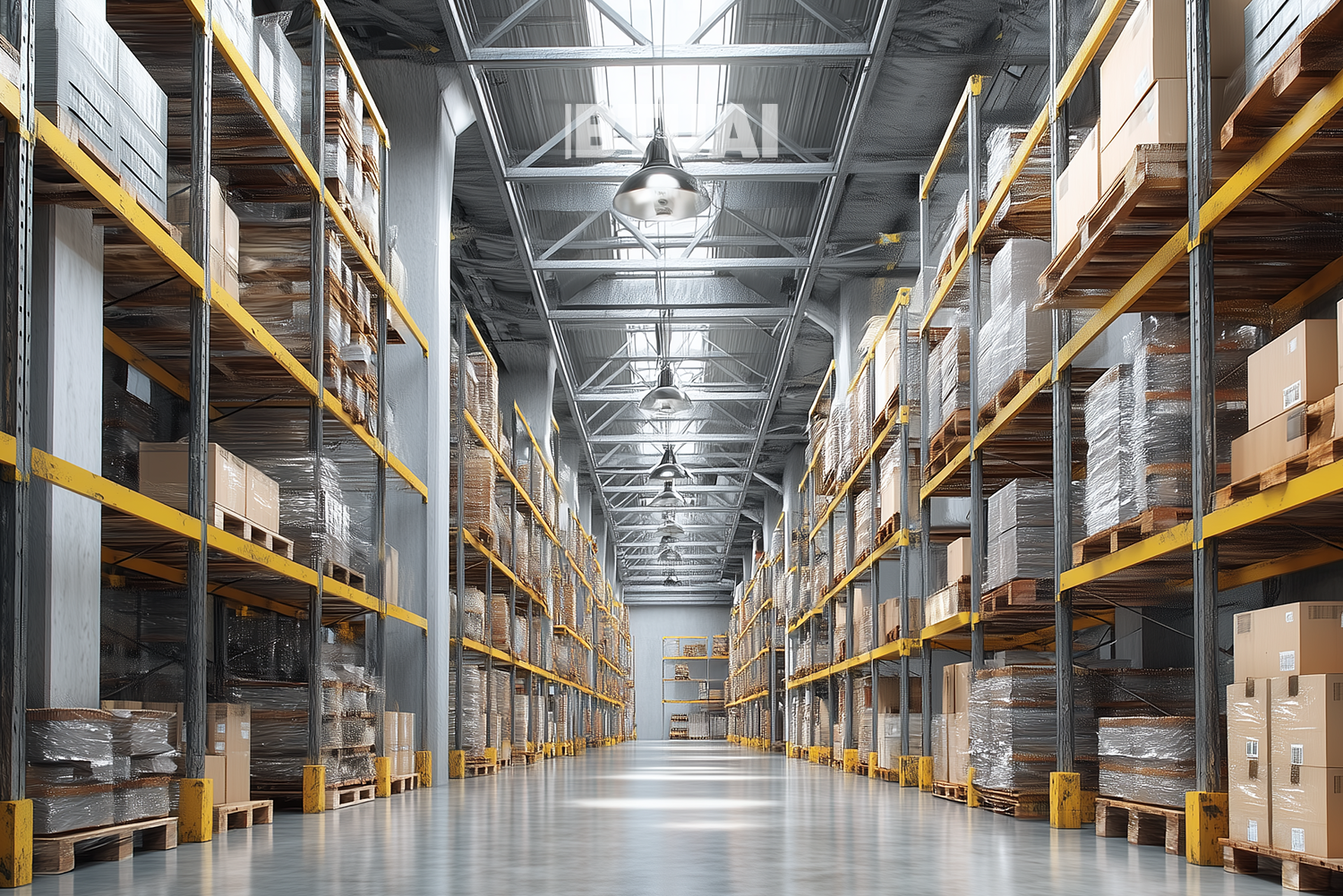Why 3PL Services Remain an Untapped Opportunity in Georgia
3PL, or Third-Party Logistics, means that companies outsource their logistics processes — transportation, warehousing, packaging, and distribution — to

3PL, or Third-Party Logistics, means that companies outsource their logistics processes — transportation, warehousing, packaging, and distribution — to specialized providers. Under this model, businesses focus solely on their core activities, while professional operators manage the logistics chain efficiently. In Europe and other advanced markets, 3PL has become the dominant model, allowing companies to significantly cut costs, increase flexibility, and quickly adapt to market changes.
In Georgia, however, the picture is quite different. According to research, only 15% of major companies operating in Tbilisi are ready to outsource their logistics, while 53% are outright opposed to it (source: Galt & Taggart). Even more striking, only 27% are willing to pay even 5% more for 3PL services. This shows that cost remains a major barrier.
Currently, international companies are the primary users of 3PL services in Georgia, while demand from local companies is still mostly driven by the FMCG sector (source: Galt & Taggart). Most major local players still prefer to build and operate their own warehouses and manage their logistics internally, showing little readiness to delegate these operations.
But why does 3PL still hold strong potential? First, with Georgia’s economy expanding and trade volumes increasing, the need for specialized logistics services will inevitably grow. Second, the rapid development of technology — like warehouse management systems (WMS) — enables 3PL providers to deliver better efficiency, allowing businesses to reallocate resources more productively. Third, the rise of e-commerce in Georgia demands faster and more flexible logistics, further boosting the need for outsourcing.
However, significant challenges remain.Trust toward third parties is low, especially concerning data confidentiality and risk of product damage. Furthermore, the local 3PL infrastructure is still underdeveloped — current services often fail to meet the standards required by companies to feel comfortable outsourcing their logistics.
In the short term, major change seems unlikely. But in the medium to long term, as corporate demands evolve and competition among logistics providers strengthens, 3PL services are expected to gain much greater importance in Georgia.




